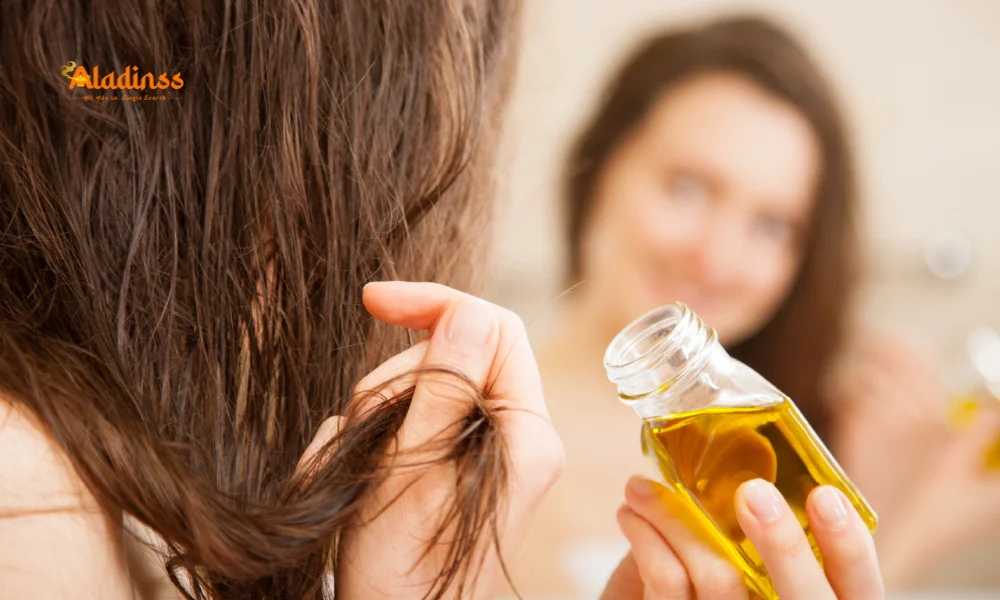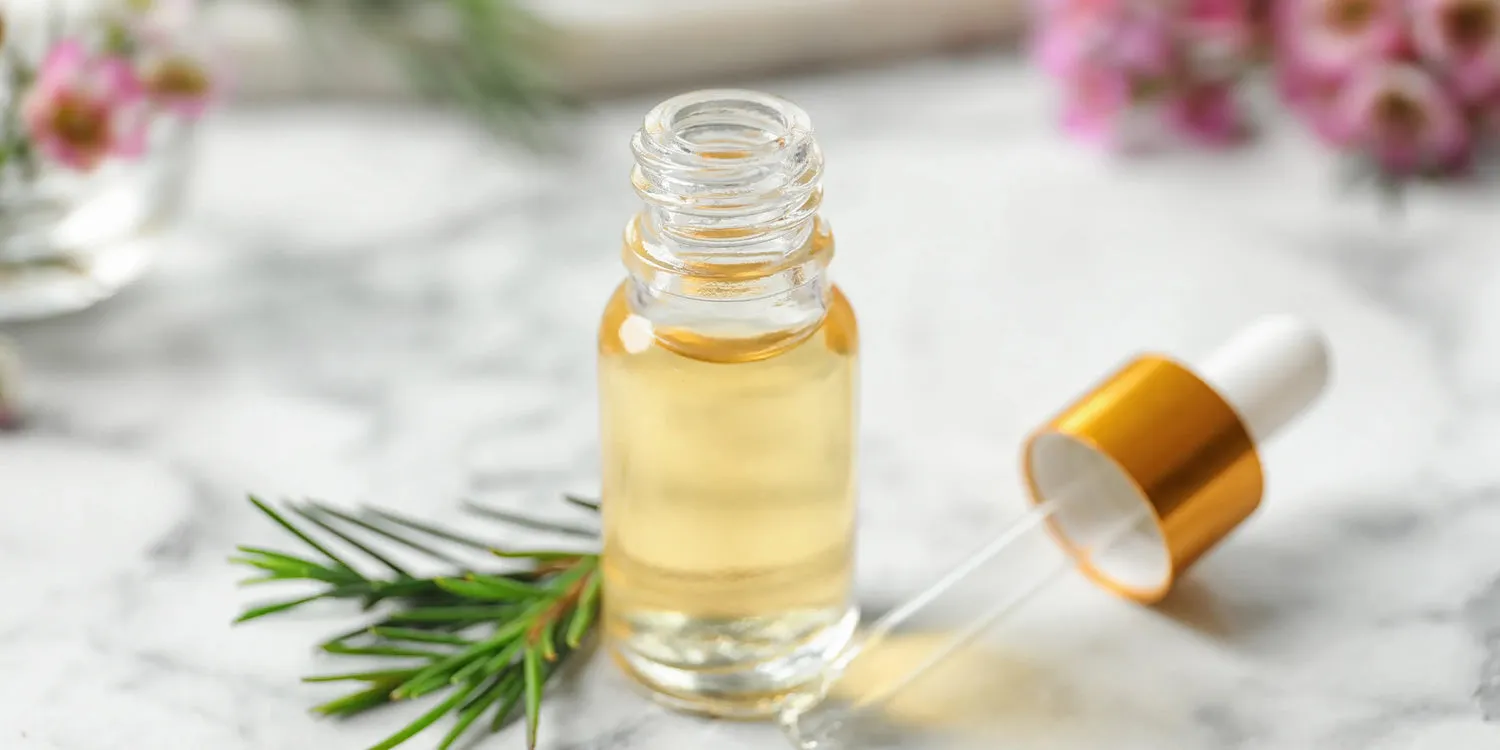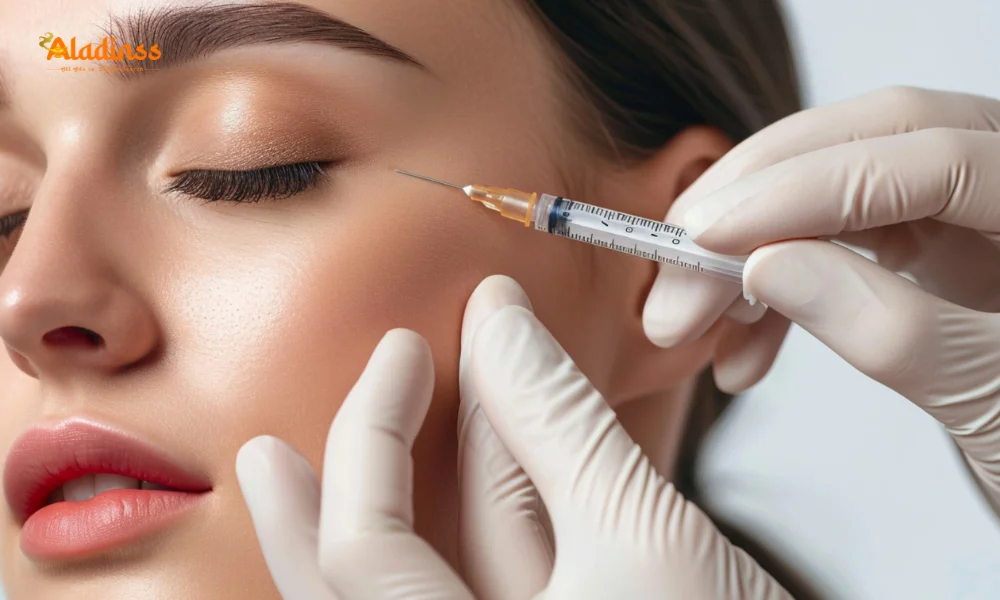Tea Tree Oil for Skin and Hair

5 Transformative Benefits of Tea Tree Oil for Radiant Skin and Healthy Hair
Tea tree oil, extracted from the Melaleuca alternifolia leaves native to Australia, is a natural powerhouse for achieving flawless skin and lustrous hair. Renowned for its potent antiseptic, anti-inflammatory, and antimicrobial properties, this essential oil tackles blemishes, soothes irritation, and promotes scalp health, making it a must-have in your beauty arsenal. As of October 9, 2025, its popularity surges in India’s wellness scene, with experts like Dr. Chanchal Sharma advocating its integration into daily routines for transformative results. Discover five science-backed benefits and practical tips to harness tea tree oil’s magic.

Derived from a plant revered in Aboriginal medicine, tea tree oil’s versatility stems from its rich profile of terpinen-4-ol, a compound lauded in studies by the International Journal of Molecular Sciences for its antibacterial, antifungal, and antiviral prowess. Whether you’re combating acne, dandruff, or dryness, this oil offers a chemical-free alternative to synthetic products, aligning with the growing demand for holistic skincare and haircare solutions in urban India, where pollution and stress exacerbate skin woes.
Why Tea Tree Oil Stands Out in Natural Beauty
Tea tree oil’s unique edge lies in its multifaceted therapeutic properties, making it a staple in both dermatological and trichological care. Research highlights its ability to fight microbes while reducing inflammation, offering a gentle yet effective remedy for sensitive skin and scalps. Unlike harsh chemical treatments, it nurtures without stripping natural oils, preserving the skin’s barrier and hair’s moisture. Its earthy, camphor-like aroma also adds a sensory uplift, enhancing the self-care experience for users seeking eco-conscious beauty options.
Dr. Sharma emphasizes, “Tea tree oil’s natural antiseptic qualities make it ideal for addressing skin infections and scalp issues without the side effects of synthetic products.” Its rise in popularity, with a 25% increase in Indian e-commerce searches in 2025, reflects a shift toward sustainable beauty, especially among millennials prioritizing clean, green regimens.
Also Read: Modern Mehendi for Karwa Chauth
Skin Benefits of Tea Tree Oil: A Natural Glow
Tea tree oil is a game-changer for skincare, addressing common concerns with clinically proven efficacy. Below are three key benefits for achieving radiant, healthy skin.
1. Soothes Dry, Itchy Skin
For those battling parched, irritated skin-especially during India’s dry winters-tea tree oil offers profound relief. A National Centre for Biotechnology Information study found it outperforms zinc oxide creams in alleviating dryness and itchiness, thanks to its anti-inflammatory compounds. It hydrates without clogging pores, making it ideal for sensitive skin types prone to redness.
How to Use: Blend 1-2 drops of tea tree oil into your daily moisturizer and apply post-shower to lock in hydration. For targeted relief, mix with aloe vera gel for a calming mask, perfect for post-Holi skin recovery.
2. Balances Oily Skin
Oily skin sufferers rejoice: tea tree oil’s antiseptic nature regulates sebum production, minimizing shine and acne triggers. A Journal of Dermatology Research and Therapy study showed a 30-day trial with tea tree oil-infused sunscreen reduced oiliness by 20% in participants, offering a matte finish without dryness.
How to Use: Add 1-2 drops to your toner or sunscreen, or create a weekly bentonite clay mask with a dash of tea tree oil for deep cleansing. This DIY approach is a hit in Mumbai’s humid climate, where oil control is key.
3. Fights Skin Infections
From acne to eczema, tea tree oil’s antimicrobial properties combat infections effectively. A Frontiers in Pharmacology study reported that a 5% tea tree oil cream resolved eye infections in 66% of patients, showcasing its potency for stubborn skin issues. It’s a natural ally for tackling monsoon-related fungal infections in India.
How to Use: Dilute with a lightweight serum or moisturizer and apply to affected areas nightly. For acne spots, dab a diluted mix using a cotton bud for precision, avoiding overuse to prevent dryness.
Hair Benefits of Tea Tree Oil: Strong and Shiny Locks
Beyond skincare, tea tree oil works wonders for hair health, addressing scalp issues and promoting growth in a chemical-laden world. Here are two standout benefits for vibrant tresses.
1. Banishes Dandruff and Scalp Flakes
Dandruff, often caused by dry or fungal-prone scalps, meets its match with tea tree oil. A study in the Journal of the American Academy of Dermatology noted a 41% reduction in flakes with 5% tea tree oil shampoos, restoring scalp balance and freshness, crucial in India’s dusty urban sprawls.
How to Use: Opt for a shampoo with at least 5% tea tree oil concentration, massaging thoroughly to boost circulation. Weekly treatments keep flakes at bay, especially during Delhi’s smoggy winters.
2. Strengthens and Nourishes Hair
For hair prone to breakage or thinning, tea tree oil fortifies strands when paired with nourishing carrier oils. Its ability to unclog follicles and reduce scalp inflammation fosters healthier growth, a boon for those battling hair fall from chemical overuse.
How to Use: Mix 5-10 drops with almond or amla oil and massage into the scalp thrice weekly. Leave for 30 minutes before rinsing for glossy, resilient hair, perfect for festive styling during Diwali.
Safe Application Tips for Tea Tree Oil
To maximize tea tree oil’s benefits while ensuring safety, Dr. Sharma shares essential guidelines for effective use across skin and hair routines.
- Dilute Always: Undiluted tea tree oil can irritate; mix with carrier oils like jojoba or coconut to prevent redness, especially on sensitive Indian skin types.
- Patch Test First: Apply a diluted drop on your inner wrist for 24 hours to check for allergies, vital for first-time users in humid climates.
- Consult Experts: Those on medical treatments or with chronic conditions should seek dermatologist advice to avoid interactions, ensuring safe use.
- Store Properly: Keep in a dark, cool place to maintain potency, as heat degrades essential oils, common in India’s tropical zones.
These precautions ensure tea tree oil delivers results without risks, aligning with India’s wellness trend where 70% of beauty buyers prefer natural remedies in 2025.
Incorporating Tea Tree Oil into Your Routine
Integrating tea tree oil into daily care is simple and cost-effective, with bottles (10ml) priced from Rs. 300 on platforms like Amazon India. For skin, add to cleansers or serums for acne-prone types; for hair, blend into conditioners or masks. Weekly scalp massages with diluted oil combat dandruff, while spot treatments tackle pimples overnight.
Social media influencers in India, from Bangalore to Kolkata, share DIY recipes, boosting tea tree oil’s visibility with #TeaTreeBeauty trending at 2 million views. Its affordability and efficacy make it a staple for students and professionals alike, seeking radiant skin and hair amidst hectic schedules.
Sustainability and Market Trends
Tea tree oil aligns with India’s push for sustainable beauty, with eco-friendly brands like Forest Essentials sourcing ethically harvested oils. Its minimal environmental footprint-compared to synthetic serums-appeals to conscious consumers, with sales up 30% in tier-1 cities. Vegan and cruelty-free certifications further enhance its appeal, especially among Gen Z.
Looking ahead, expect tea tree oil-infused products, from sheet masks to hair mists, to dominate festive gifting, with Nykaa reporting a 15% stock surge for 2025’s Diwali season. This natural remedy’s versatility ensures its place in every Indian vanity, promising radiant skin and hair effortlessly.
Disclaimer
This article provides general information on tea tree oil’s benefits and is not a substitute for professional medical advice. Consult a qualified dermatologist or healthcare provider for personalized guidance, especially for specific skin or hair concerns.
Comment / Reply From
No comments yet. Be the first to comment!






